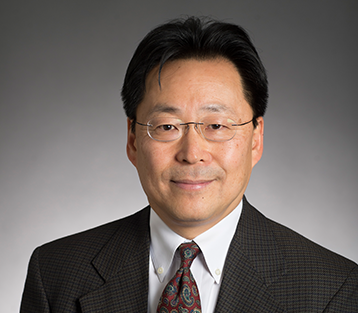
Kenji Shimada
Director, CERLAB, Carnegie Mellon University
About
Kenji Shimada is the Theodore Ahrens Professor of Engineering in the Department of Mechanical Engineering at Carnegie Mellon University. His research and teaching interests are in computer modeling and simulation for product design, analysis, and manufacturing. His research work has focused on geometric computing, emphasizing how to generate, represent, and manipulate geometric information.
Shimada’s recent projects include: physically-based mesh generation; non-manifold geometric modeling; automated shape synthesis using physically-based models; feature-based, dimension-driven surface and solid modeling; collision detection between moving objects; robot motion teaching using interactive computer graphics; and realistic image synthesis using radiosity calculation.
One of Shimada’s current research projects is the closer integration of design and analysis, e.g., automatic conversion of a CAD model to an analysis model, and advanced issues in mesh generation, such as a mesh conversion, anisotropic meshing, adaptive remeshing, and feature-based meshing.
A high-quality mesh is essential in many computer application areas such as FEM and BEM analysis, geometric modeling, and computer graphics. Shimada has developed a new physically-based meshing method, called Bubble Mesh, inspired by observations of efficient packing patterns in nature. The method has been applied in industry in the areas of automobile crash simulation, sheet metal forming simulation, and computer graphics.
Another research project covers new geometric design methodologies such as energy minimizing surface modeling and non-manifold geometric modeling.
These research targets address industry’s immediate and long-term needs for increased design efficiency, higher product quality, and manufacturing cost reduction.